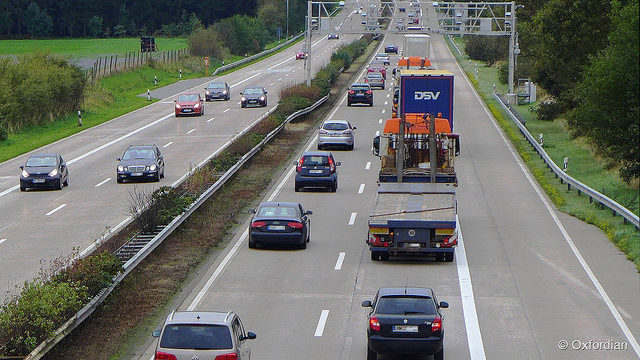
Politicians and regulators in the European Union are finding many instances of automakers using loopholes to circumvent emissions standards. Although so far only Volkswagen has been found using software to cheat the emissions tests specified by regulators, other automakers including Jeep, General Motors, and Mercedes-Benz are taking advantage of regulatory gray areas for diesel vehicles sold in the EU, according to a report from The New York Times.
Specifically, the Times noted that EU regulations allow car makers to kill the emissions control system on diesel vehicles if there's a risk that running the emissions control system could cause engine damage—“which in some cases is nearly all the time,” the paper wrote.Cold weather is often cited as a reason to deactivate emissions control in the interests of extending the life of the engine (car companies in the US used such a justification against the accusations of environmentalists as early as the '70s). But a German study found a Jeep Cherokee sold by Fiat Chrysler in Europe turned off certain emissions controls when the car experienced temperatures as high as 68 degrees Fahrenheit. Recently, an independent investigation by a German environmental lobbying group, the magazine Der Spiegel, and a German TV program called Monitor found that Opel's Zafira was turning off emissions controls at high altitude and at speeds greater than 87 mph. Opel has denied that it has done anything illegal in designing its diesel cars.
The German government is now proposing rule changes in the EU to narrow the loopholes given to automakers selling diesel vehicles. Still, the rules won't entirely close those loopholes in a region where diesel is much more popular than in the US (a situation brought about in part by Volkswagen in the '90s).
Since Volkswagen's cheating scandal was made public, diesels have been watched for their nitrogen oxide (NOx) emissions, but Germans are also troubled by carbon dioxide emissions from diesel and gas-powered cars alike. According to Bloomberg, Germany's Deputy Economy Minister Rainier Baake said recently that all new cars registered in Germany have to be emissions-free by 2030 if the country wants to meet its strict environmental goals. “Fact is, there’s been no reduction at all in CO2 emissions by transport since 1990,” Baake said at a climate forum in Berlin recently.
"We don’t have any answers to cut truck emissions right now but we do have answers for cars," the minister added. The German government has recently started more aggressively offering incentives for electric vehicle buyers, including cash incentives that the country's Environment Ministry hopes will put 500,000 electric vehicles on the road by 2020.
reader comments
74